Teach Your Children How to Say Sorry
One of the best things you can do for your child is teach them how to properly say sorry.
Sometimes we make such a colossal mistake in our lives that it’s hard to see how on earth we could fix the damage.
It can feel like a dark hole you will never climb out of.
But there is one way… by saying you’re sorry.
But just saying “sorry” isn’t enough!
It’s important to teach your child the complete way of how to say sorry with a complete apology and meaning it.
Be sure to check out even more of my helpful parenting tips, too!
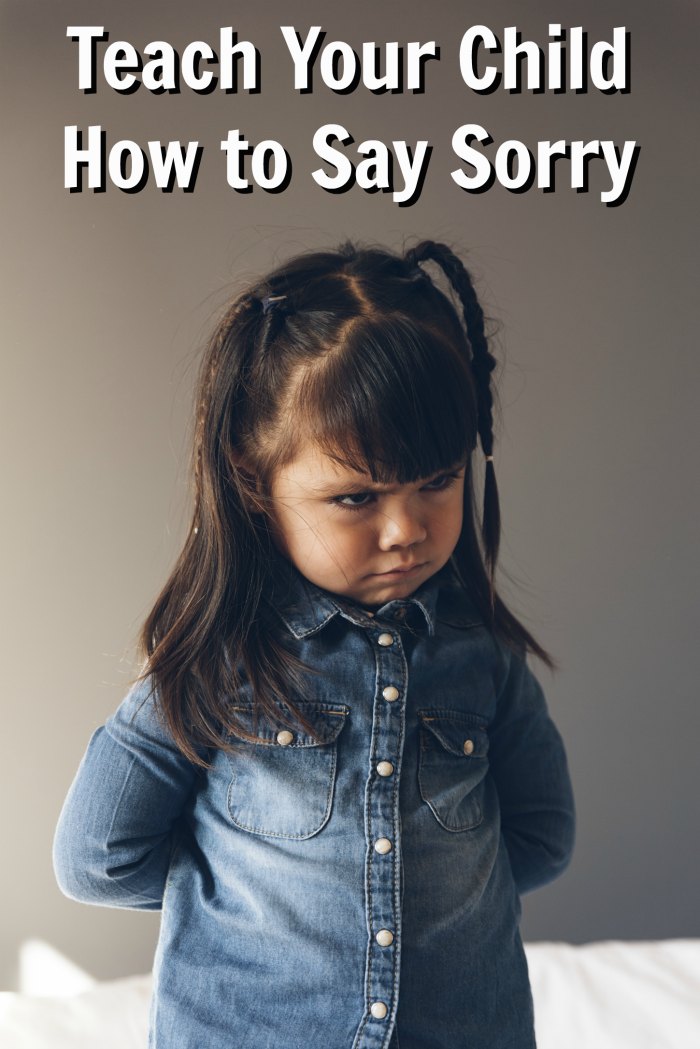
Teach Your Child How to Say Sorry
As a former public relations professional, I used to work with companies that sometimes made blunders, mistakes and downright idiotic choices.
The professional advice I gave them is the exact same advice I give my own children (and myself) – say you’re sorry and really mean it.
So often, people want to hide from their mistakes, but that is one of the worst things you can do.
Hiding doesn’t solve anything, and often the silence is taken as a lack of remorse and respect for the other person.
Even worse, silence easily breeds even more hurt feelings, anger and contempt.
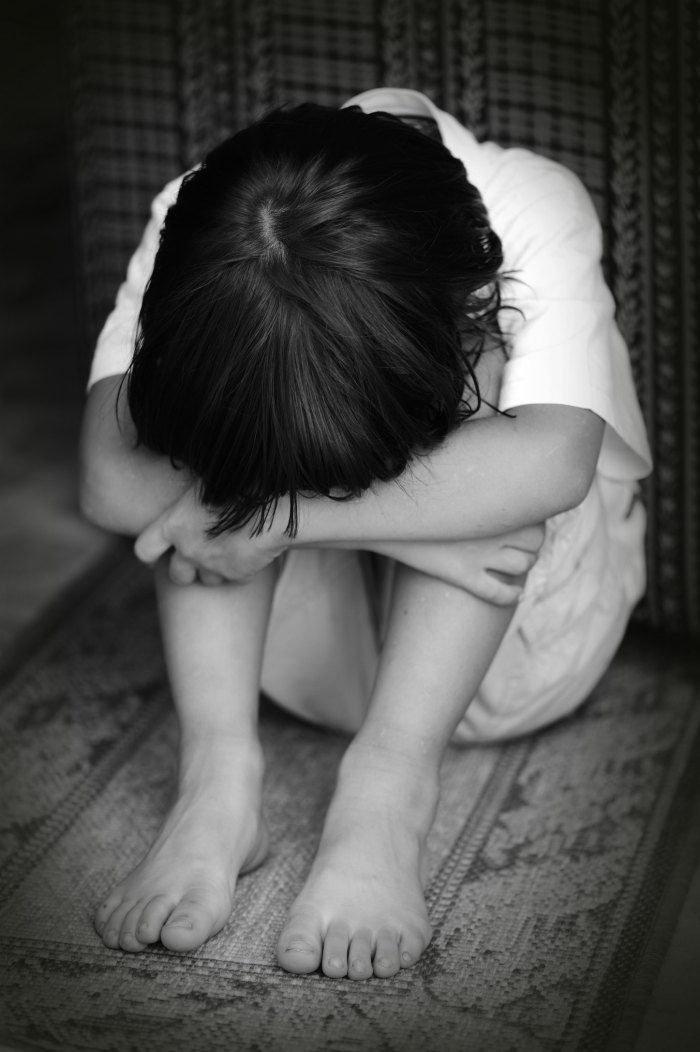
As parents, our job isn’t just to teach our children how to treat others right.
It’s also to teach our children how to behave when they don’t.
I try to teach my children to say they’re sorry.
But forcing a child to say the words “I’m sorry” doesn’t mean they actually believe the meaning.
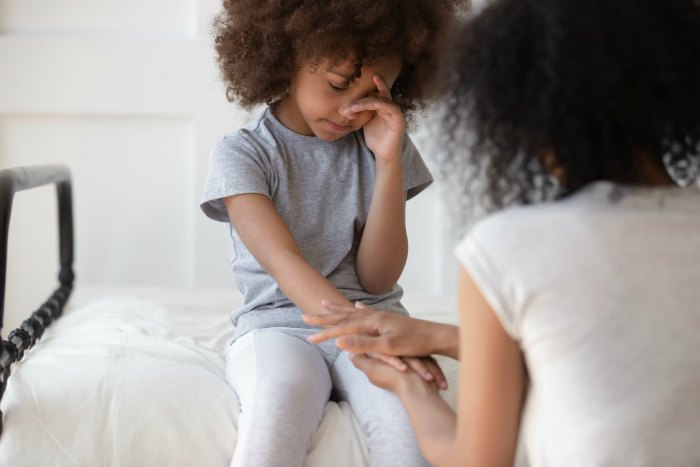
How can you help your child learn the true meaning of sorry?
1. Don’t have them just say they are sorry.
Have them say what they are specifically sorry for.
Example: I’m sorry I pulled your hair and screamed at you.
2. Have them say out loud how their actions must have made the other person feel.
Example: That must have hurt. And my screaming at you must have been very scary.
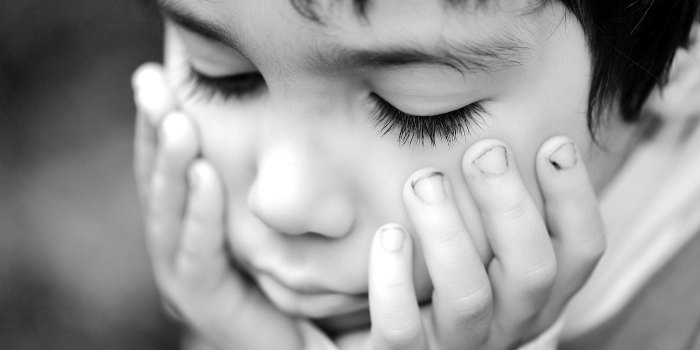
3. Have them say what they will do differently next time.
Example: Next time, I will remind you with my words that it’s my turn to have the doll.
4. Have them ask if the other child will accept their apology.
If the other child says yes, they usually move on.
If the other child says no, have your child ask how they can make things better.
It’s also okay to explain that the child may still have hurt feelings and that we should respect that.
For younger children, feel free to prompt them with questions, such as “How do you think that made Julie feel?” or “If someone did that to you, how would that make you feel?”
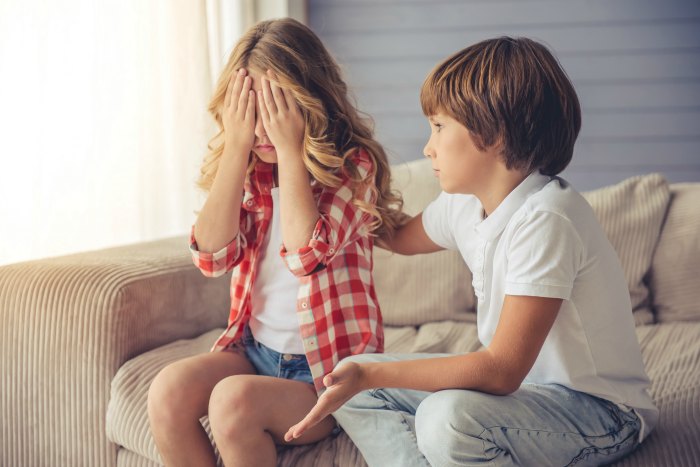
The fact is we all make blunders.
Some are small.
Others are major doozies.
The difference is how we own our mistakes after they happen and try to repair the damage caused.
For some good reading about how to apologize with your kids, consider the following affiliate links:
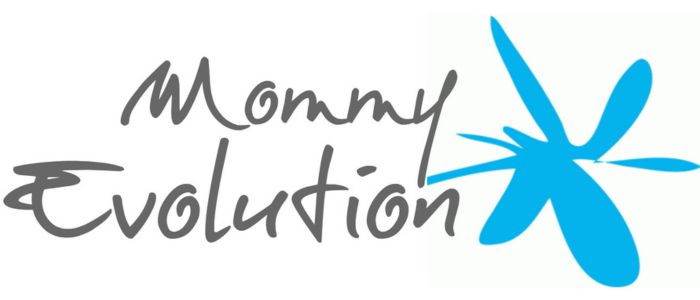
I have to admit I’m still a little bit confused on twitter and the hashtags myself. I wouldn’t have known either, and really don’t know how to figure it out.
Of course they’re a large corporation with plenty of resources and I assume those that take care of their social media would have the knowledge to find this out beforehand, or even already know some of it.
Even if I saw many people using it for that, I didn’t know that one particular subject/theme/issue ‘owned’ an entire hashtag. Is that true? Does one particular subject/theme/socialissue/etc in essence ‘own’ a hashtag?
If that’s the case and their social media people knew that then they should apologize, if that’s not the case, then I’m glad they still apologized but they shouldn’t be made out to be any kind of bad guy for using something that is fair use. Please explain, or tell me a good place to find an explanation. Please don’t tell me to google it. I have and that doesn’t really help.
BTW I do like and agree with explaining to one’s child the consequences of their actions and not just making them say “I’m sorry.”
Sandra. People don’t necessarily “own” a hashtag. However, hashtags are created by an individual, group or company to create a campaign. This way people can quickly share and find Tweets on that topic. It is Twitter etiquette (and expectations) to follow the hashtag properly. Anyone can easily figure out what a hashtag is trending about. In this case, it was obviously trending about women who had (or still are) in abusive relationships. DiGiorno only had to take a couple of minutes to look at the Tweets to figure this out. But someone jumped the gun. So as women were looking for support and educating others about why people may stay in abusive relationships, they were met with this disconnected and offensive tweet. DiGiorno is doing the right thin by apologizing.
I am glad that Digiorno said they were sorry. They made a big mistake, and it was not malicious. I forgive them and still love their pizza. It is so good to teach our children when to say sorry. It seems like people are not saying sorry honestly anymore when they have made a mistake.